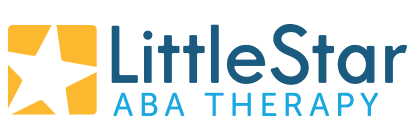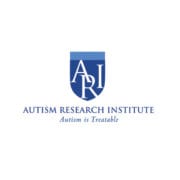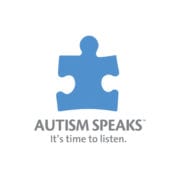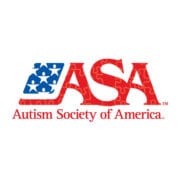By Dr. Breanne Hartley, BCBA-D
Senior Clinical Director
Children are being diagnosed with autism earlier and earlier. Some children are as young as 18 months when they receive an autism diagnosis. Identifying an autism diagnosis at an early age can result in better future outcomes for a child, that is, if steps are taken to help children receive effective services, such as Applied Behavior Analysis (ABA). Early intervention, as it relates to ABA is oftentimes referred to as Early Intensive Behavioral Intervention (EIBI).
- Early, because a child begins receiving treatment between the ages of 18 months and 3 years old.
- Intensive, because of the amount of time treatment is provided. Research demonstrating the effectiveness of an Applied Behavior Analytic approach demonstrates that the optimal number of hours of treatment should typically range from 25-40 hours per week.
- Behavioral Intervention, because it relates to the principles of behavior (such as reinforcement, shaping, and prompting) that have been demonstrated as effective strategies in changing behavior for decades.
Deciding to enroll an 18-month-old child into a therapeutic program that recommends upwards of 25-40 hours per week of intervention can be quite intimidating. However, children with autism demonstrate developmental delays in comparison to their typically developing peers. Therefore, the “intensity” of an ABA program helps to bridge the gap between a child on the autism spectrum and his/her typically developing peers. A quality ABA program will incorporate hundreds of valuable learning opportunities into a single hour of intervention. These learning opportunities are specifically tailored to meet each child’s unique needs, with the intent of teaching him/her the necessary skills to acquire age-appropriate behavior.
I have spoken to many parents who are hesitant to enroll their child in treatment that requires the level of intensity of an ABA program. However, the concentration on an individual child’s specific needs, paired with the magnitude of learning opportunities in a single day, allows for each child to achieve their personal best outcomes.
Because autism can lead to a lifetime of learning delays, the earlier a child can receive treatment, the better their long-term prognosis will be. I have never spoken to a parent who stated that they got their teenager with autism into treatment too early!



